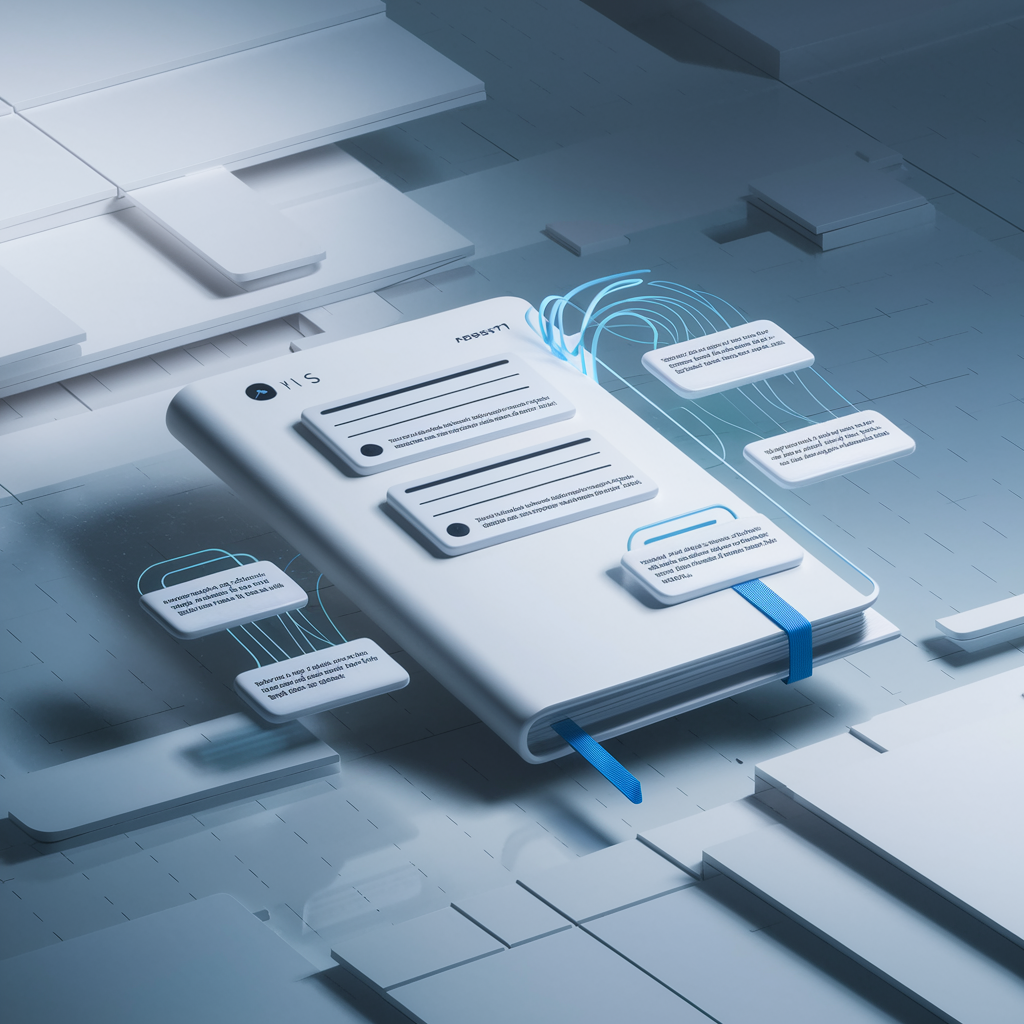Consider a transformed classroom: students engaged in learning paths tailored to their unique requirements, supported by tireless instructional assistants. This marks the dawn of a new era in education, one armed with cutting-edge features that personalize the learning journey, provide in-depth tutoring systems, and equip students, educators, and all invested parties alike.
One example is AI-powered features within note taking apps that understand multiple languages allowing users to record their thoughts anywhere at any time. This empowers students to take charge of their learning and frees up educators for personalized guidance, fostering a dynamic learning experience for all.
Strengthening the Hands of Educators
AI is evolving the entire education landscape and creating AI-based automated systems that learn and grow from data. The future of AI in education is here, and it can enable students while also allowing educators to scale their efforts.
First and foremost, AI frees up educators' time by automating dull tasks like grading and attendance. As a result, educators may dedicate more time to strategic matters such as lesson preparation, curriculum building, and offering students personal attention.
But AI can do much more than that; it could help. It could scrutinize data for example on the class's performance and uncover aspects where it shines and areas where it struggles. Educators may then adjust their educational techniques based on these real-time insights to guarantee that every pupil is both challenged and aided.
Advanced Tutoring Lighting the Way
The use of intelligent tutoring systems is bringing in an age of innovation for teachers. The electronic tutors give several advantages to the learning process.
Each student's needs can be tailored by ITS. Imagine a world in which each student has a tutor who tailors instruction to their abilities, weaknesses, and learning methods. This ensures that students are challenged and focused on improving their skills.
Artificial intelligence educators are available around the clock. Students can receive an immediate evaluation of their work, ask questions outside of class, and participate in targeted practice exercises that address their specific knowledge gaps. This fills the gap between the instruction in class and the support learners need to succeed.
Intelligent tutoring saves time by providing personalized student support. It is now possible for teachers to provide personalized instruction, facilitate discussions, and develop engaging lesson plans. An engaging educational setting that meets the varied requirements of all students can be created through the enhancement of a teacher's specialization.
Main Areas of Classroom Improvement Through AI Tools
Far-reaching Accessibility Options
AI-powered tools are reducing barriers for learners with impairments. Text-to-speech conversion enables visually impaired students to navigate learning materials independently. Captioning tools allow students with hearing impairments to follow along with classes and conversations. Language translation features can help students learn a new language, resulting in a learning atmosphere where all students can participate and prosper.
Classroom Interaction Made Exciting Again
AI can turn passive education into a participatory learning environment. Imagine classrooms where students can participate in simulations, virtual reality experiences, or automated gamified learning modules. These engaging resources cater to various learning styles while inspiring students. AI may also tailor such experiences by adapting the degree of difficulty and content to individual student needs, thereby improving the learning process.
Next Level Curriculum Development
When it comes to developing curricula, artificial intelligence can be useful. Artificial intelligence can identify where the curriculum may be lacking depth, by reviewing student performance statistics.
This allows educators to personalize their educational programs to better meet the needs of their students, ensuring that they are constantly challenged and learning new things. Artificial intelligence can recommend learning materials based on student interests and learning styles. The data-driven approach leads to an enjoyable curriculum.
Conclusion
While AI marks an important advancement in education, it is critical to remember that it is an instrument rather than a replacement. The element of humanity --- educators' creativity, empathy, and guidance --- will always be invaluable. The future of education will most likely combine human expertise with AI's intelligent capabilities, resulting in more thrilling and practical learning for everyone.
Intelligent tutoring systems help at all hours of the day, whereas AI-powered applications are tailored to each student's needs. This empowers students to take charge of their education and enables teachers to provide personalized guidance.
Comments
Loading comments…
